Optimal Timing for Electrical Projects
Spring and fall are often preferred for electrical projects due to moderate weather conditions, reducing risks associated with extreme temperatures.
Avoid electrical work during heavy rain or snow to prevent hazards and ensure proper drying and curing of materials.
Planning electrical tasks early in the construction phase or during scheduled renovations minimizes delays and allows for seamless integration.
Extreme heat or cold can affect the performance of electrical components and the safety of installation processes.
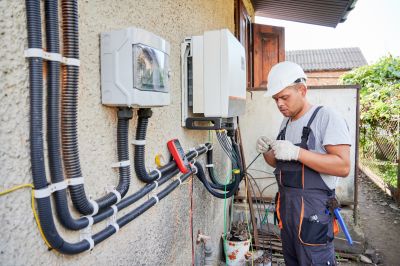
Summer offers longer daylight hours but requires caution due to high temperatures and potential heat-related hazards.

Winter presents challenges with cold temperatures and potential snow, affecting safety and material handling.
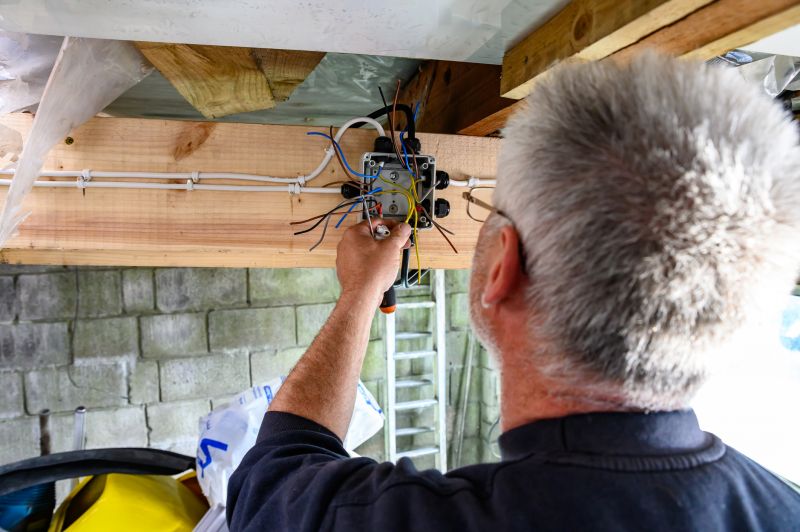
Indoor electrical works can be scheduled year-round, unaffected by weather conditions, providing flexibility in planning.
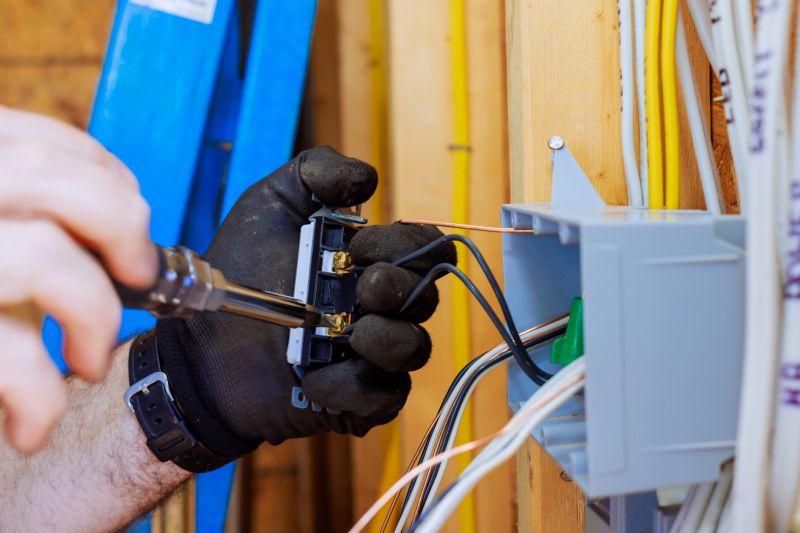
Ways to make Electrical Works work in tight or awkward layouts.
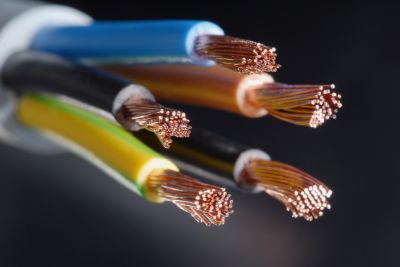
Popular materials for Electrical Works and why they hold up over time.
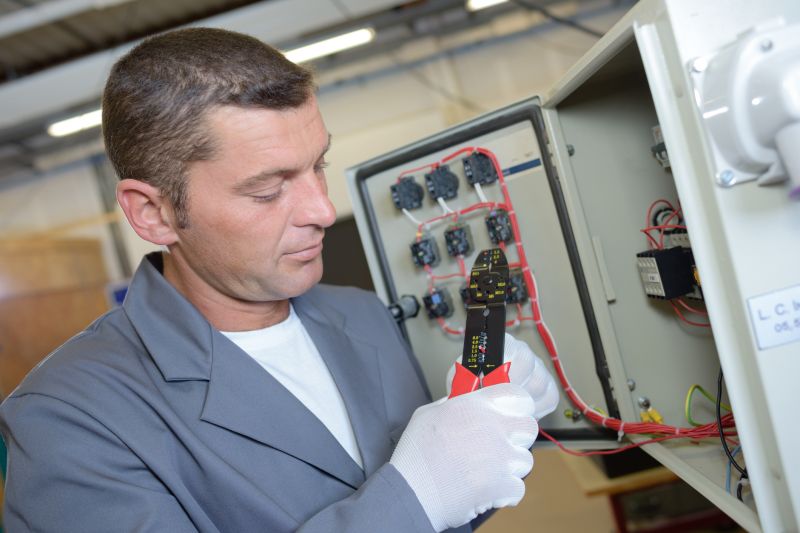
Simple add-ons that improve Electrical Works without blowing the budget.
| Season | Advantages |
|---|---|
| Spring | Moderate weather, ideal for outdoor and indoor projects |
| Summer | Longer daylight hours, faster work progress |
| Fall | Cool temperatures, suitable for extensive installations |
| Winter | Less outdoor activity, good for indoor projects |
Electrical works encompass a broad range of services, including wiring, panel upgrades, lighting installations, and system troubleshooting. Proper timing ensures safety, compliance, and efficiency. Advances in electrical technology and stricter building codes necessitate careful planning to avoid costly delays and rework.
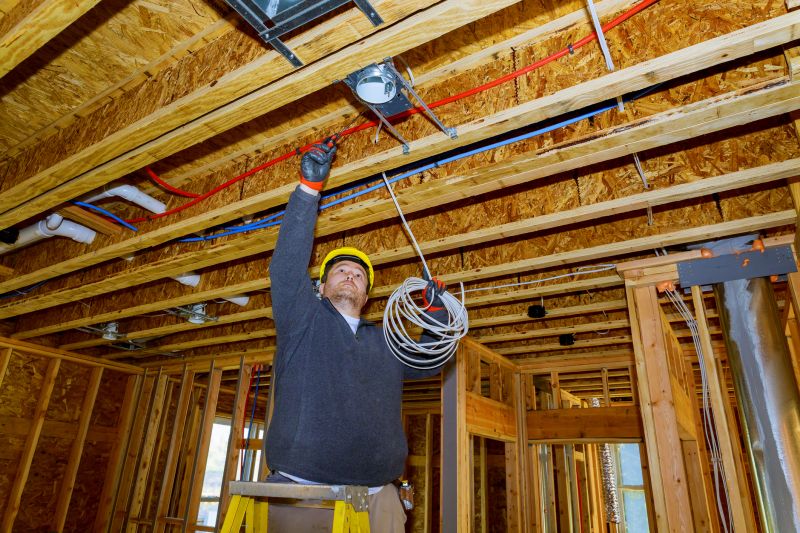
Proper wiring installation is crucial for safety and performance, best performed during favorable weather conditions.

Indoor and outdoor lighting projects are best scheduled during indoor work periods or suitable weather windows.

Upgrading electrical panels should be planned when the building is less occupied to minimize disruptions.
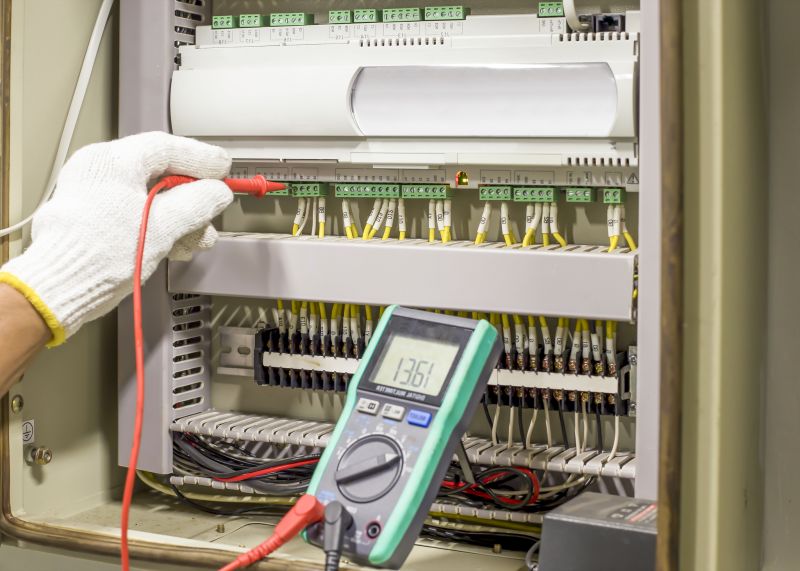
Routine maintenance is ideally scheduled during low-occupancy periods to ensure safety and operational continuity.
Interested in scheduling electrical works? Filling out the contact form can help coordinate timing to suit project needs and ensure compliance with safety standards.
